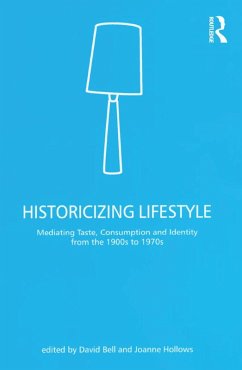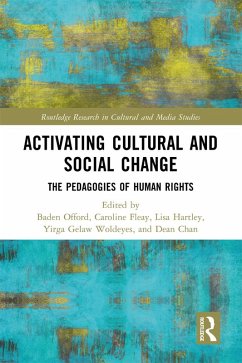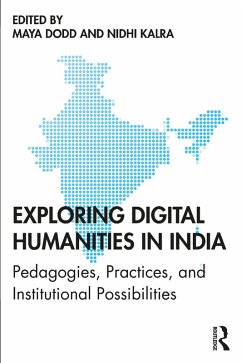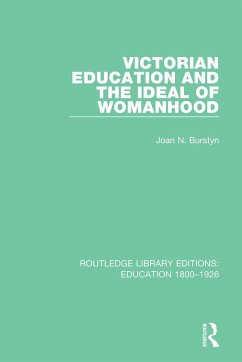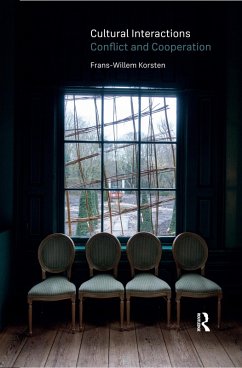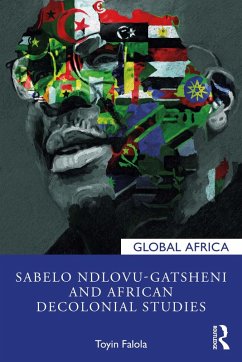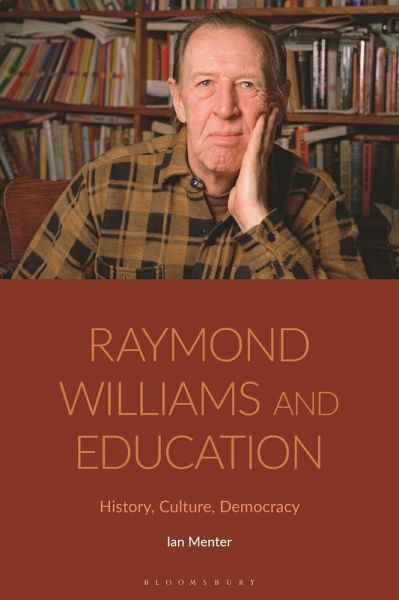
Raymond Williams and Education (eBook, PDF)
History, Culture, Democracy
Versandkostenfrei!
Sofort per Download lieferbar
24,95 €
inkl. MwSt.
Weitere Ausgaben:

PAYBACK Punkte
12 °P sammeln!
Raymond Williams' major contributions to intellectual progress are usually categorised within cultural theory, media studies or neo-Marxist studies. Serious analysis of his contributions to education as a field of practice as well as a field of study have been relatively neglected. This is the first book to redress that omission, focusing on how his writing and thought have helped us to understand education in Britain and also provide analytical tools that have helped to shape educational studies in the USA and internationally. Ian Menter draws on Williams' several novels, including Border Cou...
Raymond Williams' major contributions to intellectual progress are usually categorised within cultural theory, media studies or neo-Marxist studies. Serious analysis of his contributions to education as a field of practice as well as a field of study have been relatively neglected. This is the first book to redress that omission, focusing on how his writing and thought have helped us to understand education in Britain and also provide analytical tools that have helped to shape educational studies in the USA and internationally. Ian Menter draws on Williams' several novels, including Border Country, as well as on his seminal contributions to cultural theory, including Culture and Society, The Long Revolution, Keywords and Marxism and Literature. Menter also examines how Williams' life shaped his understanding of education including his early involvement in adult education and his deeply ambivalent relationship with the academy. Public education is positioned as a key arena of social struggle where decisions shaping the nature of our futures and crucial to creating a democratic and just society. The book includes a foreword by Michael Apple who is John Boscom Professor Emeritus of Curriculum and Instruction at the University of Wisconsin-Madison, USA, which makes reference to the importance of Williams' work in relation to education in the USA.







